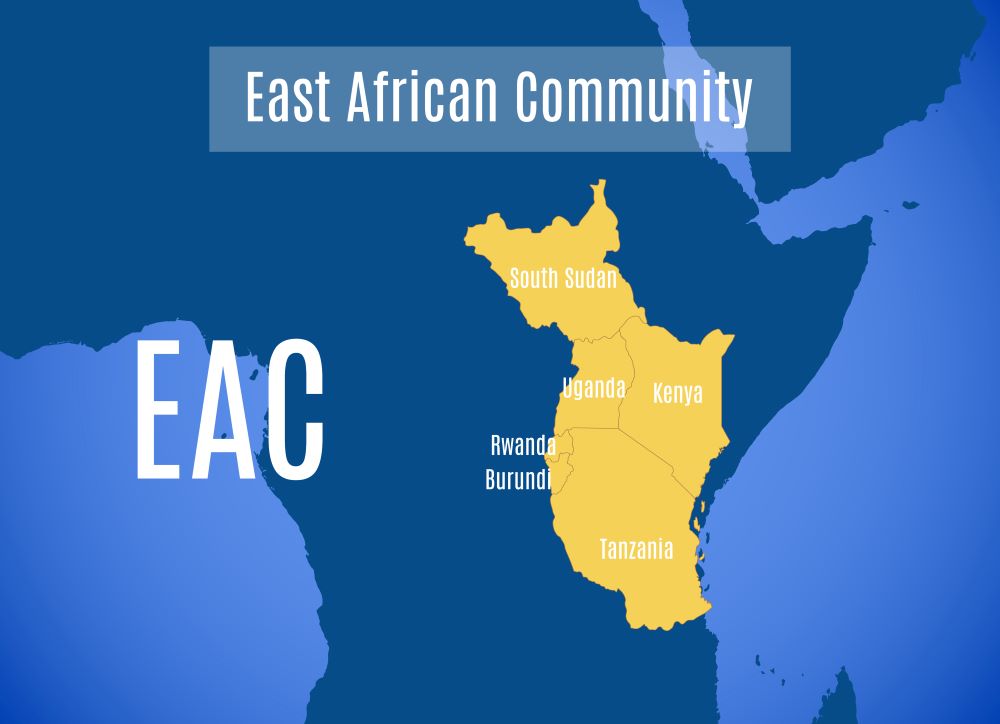
- Growing foreign direct investment (FDI) in the East African Community (EAC) attributed to investments from China and India, according to recent data.
- Research findings indicate that while FDIs in the EAC mainly focus on industrial, construction, and service sectors, limited investments are directed towards agriculture.
- Efforts led by the East African Business Council (EABC) and partners aim to enhance agricultural competitiveness, increase food security, and address challenges such as poor productivity, technology transfer, post-harvest management, trade, and policy-related concerns.
Thanks to investments from China and India, foreign direct investments (FDIs) into the East African Community (EAC) grew somewhat between 2015 and 2021.
Only a small portion of the investments made in the bloc of seven nations went to the agriculture sector; instead, they were concentrated in the industrial, construction, and service industries. The results of a research that was started a few months ago to identify investment prospects in particular agricultural value chains in the East African area support this.
In order to address the region's low levels of foreign direct investment (FDI) in agriculture, dependency on imported food, and susceptibility to global shocks, a research was conducted. The study was started by the East African Business Council (EABC) in collaboration with Sequa GmbH through the Business Scouts Fund and GIZ Business Scouts for Development.
The GIZ Business Scout Fund-EABC initiative aims to increase the agro-food sector's competitiveness and lessen the effects of global crises in order to increase food security in the EAC area.
Over 60 members of the agro-value chain and high-level governmental decision-makers attended the webinar on Friday, where the study's results and investment potential were presented.
The study demonstrates great potential for the development of value chains in the EAC for leguminous plants, edible oil, tubers, and wheat grains.
However, it became clear that difficulties including poor production and productivity, technological transfer and development, post-harvest management and storage, trade and marketing, and policy-related concerns are impeding the sector's performance.
In order to overcome the aforementioned difficulties, the webinar emphasized the importance of joint efforts by EAC Partner States, Development Partners, and the Private Sector.
Increased investment in the value chains was reported to generate jobs and boost resistance to disruptions in the agri-food industry caused by global shocks.
John Bosco Kalisa, executive director of the EABC, emphasized the need of improving the performance of the agriculture sector in order to increase intra-regional trade and investment. He emphasized the necessity of intentional work to increase the region's agricultural resilience, particularly in reaction to global crises.
In order to offer agricultural insurance, provide storage facilities, and manage labor migration to urban regions, he also suggested using a variety of policies.
Read Full Story






















Facebook
Twitter
Pinterest
Instagram
Google+
YouTube
LinkedIn
RSS